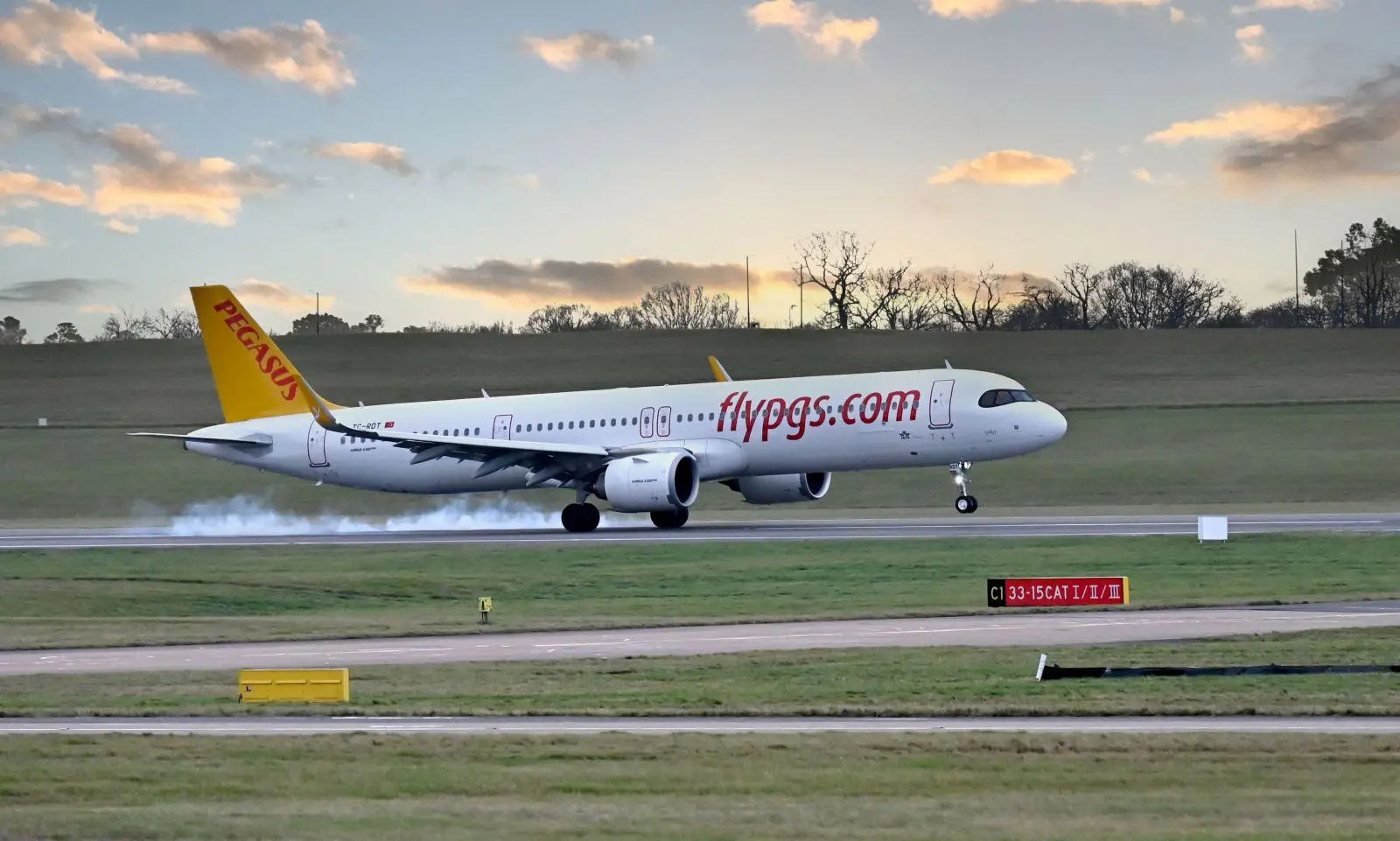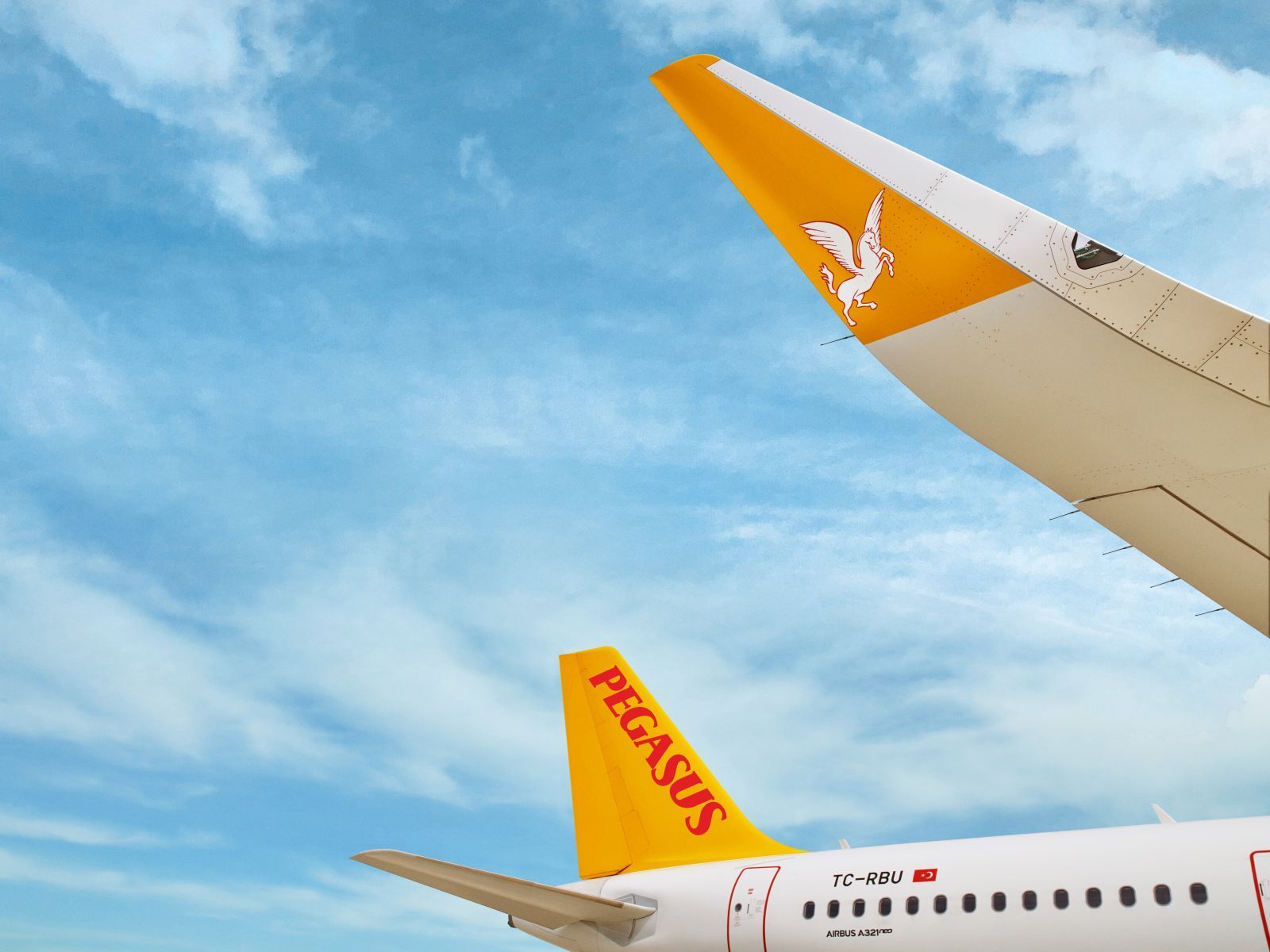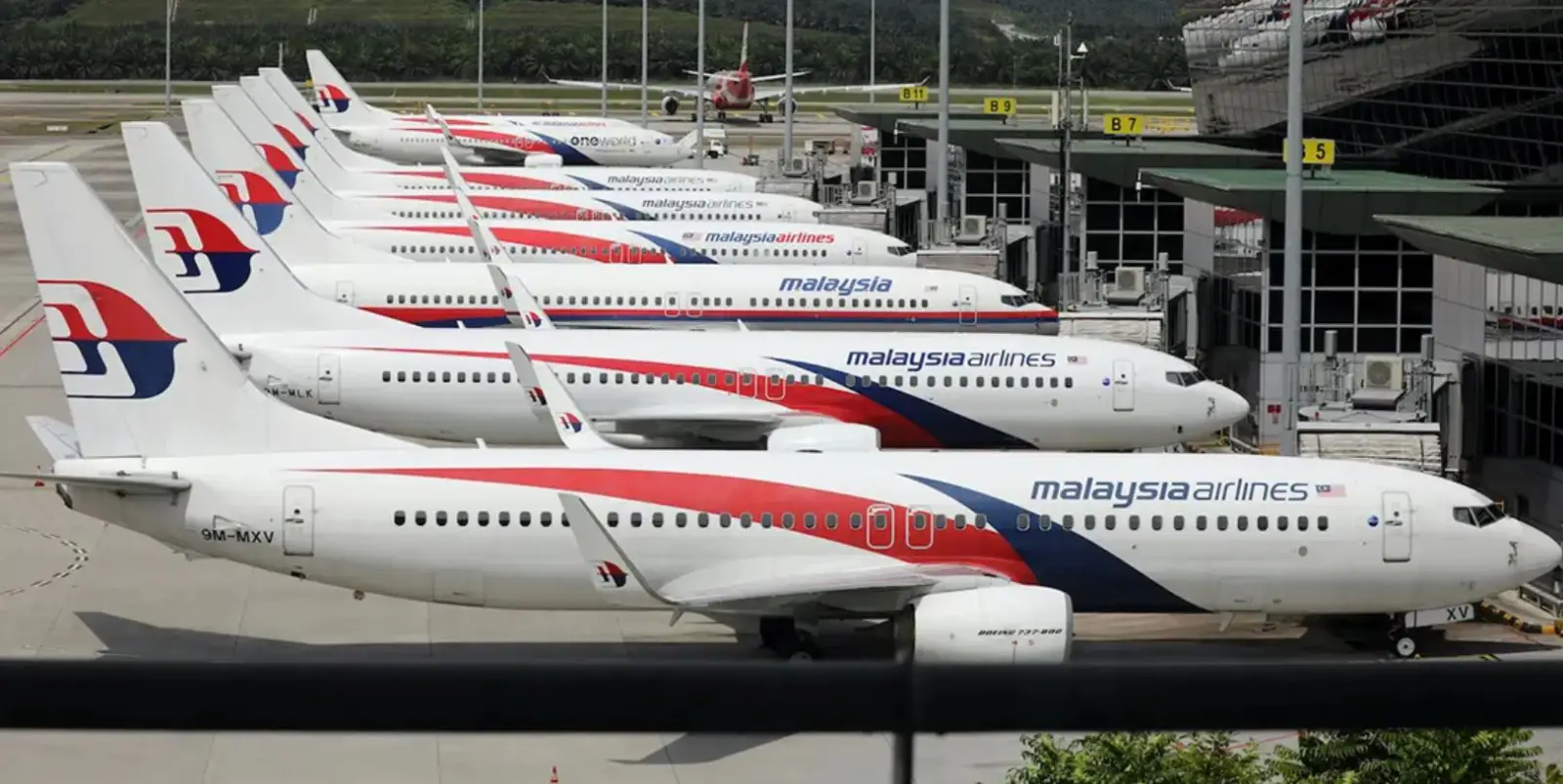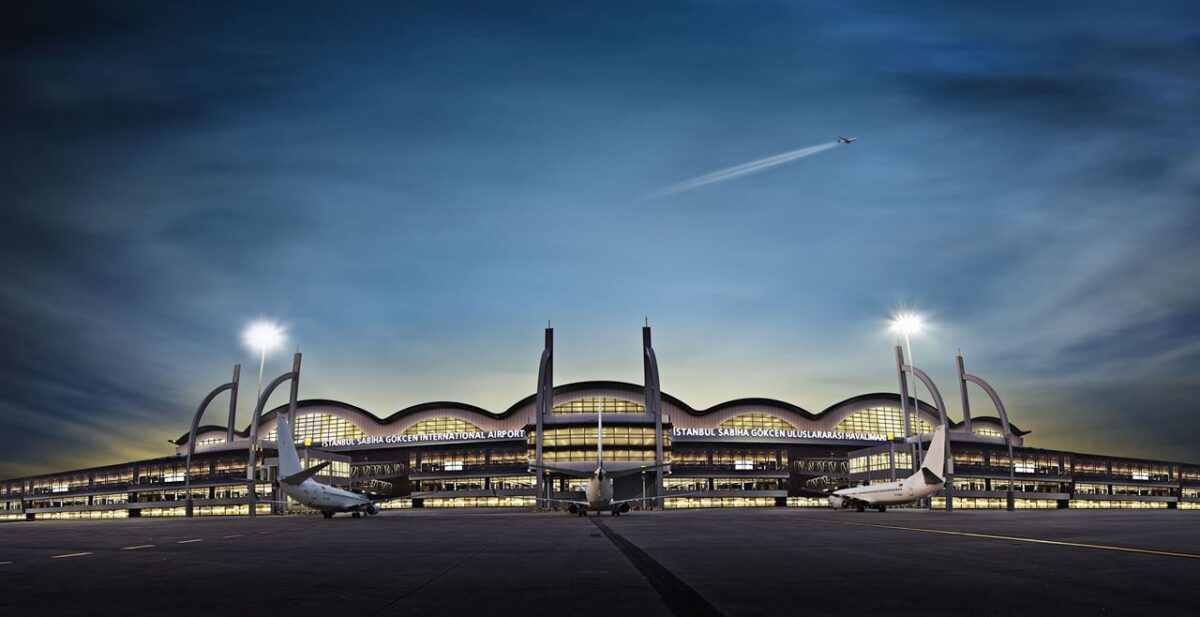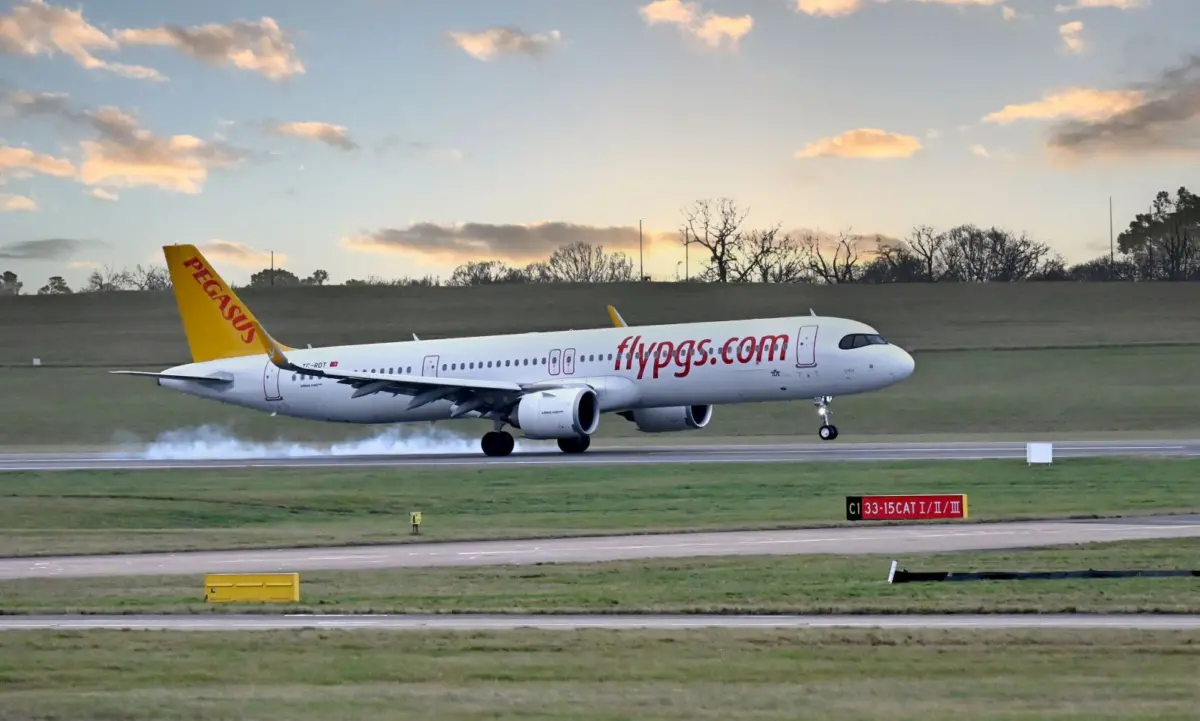Istanbul Sabiha Gokcen International Airport (ISG), which recorded 4.2 million passengers in Q1 2021, is a major contributor to Malaysia Airports’ recovery from the impact of the COVID-19 pandemic.
ISG, Malaysia Airports’ fully owned asset in Turkey, continues to show positive recovery signs recording 4.2 million passengers in 1Q 2021, beating the last 12-months’ average of 1.3 million passengers per month.
Similarly, ISG’s monthly load factor has steadily increased to 74% in March, only a 9 percentage points difference than the performance in 2019.
According to Dato’ Mohd Shukrie Mohd Salleh, group chief executive officer (Group CEO) of Malaysia Airports, “One of the main drivers for aviation recovery would be the speed of reaching herd immunity. As what we have observed in the United Kingdom, there is an inverse relationship between the inoculation rate and the infection rate. Our government’s laudable efforts to boost the vaccination rate by procuring more vaccines will help Malaysia achieve herd immunity by year end and this can pave the way for faster recovery.”
Meanwhile, the Group is also ramping up efforts to ensure that it is fully ready to welcome the return of passengers, once the market recovers. The plans laid out include investing in new innovative technologies and equipment that will help improve service levels as well as serve as preventive measures in combatting COVID-19. Additionally, the Group is committed to raise airport safety standards by obtaining the global Airport Health Accreditation under Airports Council International (ACI). Seven airports have been rigorously assessed including all five of the Group’s international airports in Malaysia, ISG and Sultan Abdul Aziz Shah Airport, Subang (SZB).
All these have led to the achievement of significant accolades, the most recent being KL International Airports’ (KLIA) placement as the world’s 9th top airport in the ACI Airport Service Quality (ASQ) survey for 1Q 2021 – an improvement from its top 10 placement in 2020. Additionally, Langkawi International Airport (LGK) was also named as the world’s 3rd best airport within its category in the same survey.
The Group also took advantage of the lull period at the airports to re-optimise some of its assets in tandem with continuing to focus on reducing operating expenditures and preserving cash liquidity. Up to date the Group has managed to pare down its total cost by 44.2%, continuing from the 36.3% of cost savings achieved in 2020 and ahead of last year’s guidance of 20% total cost reduction.
As an impact from the prolonged pandemic, the Group’s passenger traffic fell by 76.9% to 5.9 million passengers handled in the first three months of the year. The crisis had also led to the Group ending the quarter with a total revenue of RM336.9 million, a contraction of 63.9% from the previous corresponding quarter with a Loss After Tax recorded at RM221.3 million.
Outlook
Amplifying efforts from governments across the globe to accelerate the vaccine rollout will help to revive the economic conditions, in turn giving hope for air travel industry to recommence. Both Malaysia and Turkey have rolled out their vaccination programmes and targeting public immunity before year end.
IATA forecasted that recovery signals will be more prominent towards the end of the year, especially in developed countries such as the European countries and North American region. Meanwhile in Malaysia, traffic revival is projected to begin with domestic travels and travellers within the region with the implementation of travel bubbles in the future.





